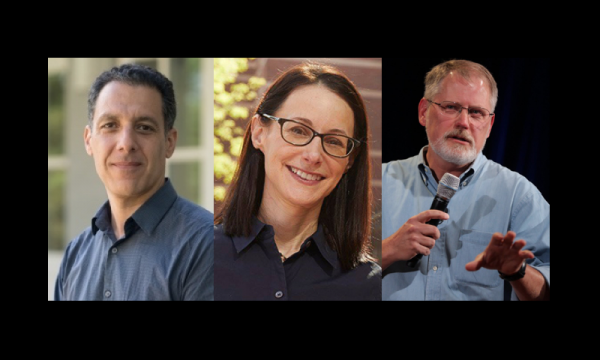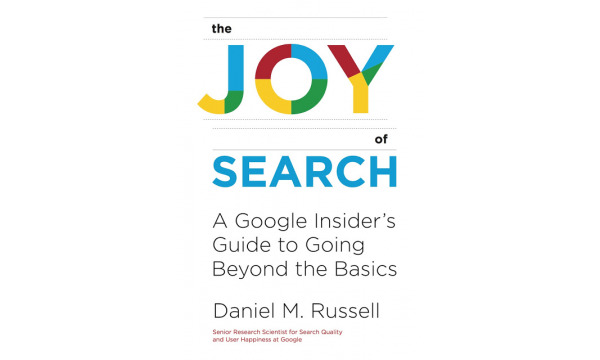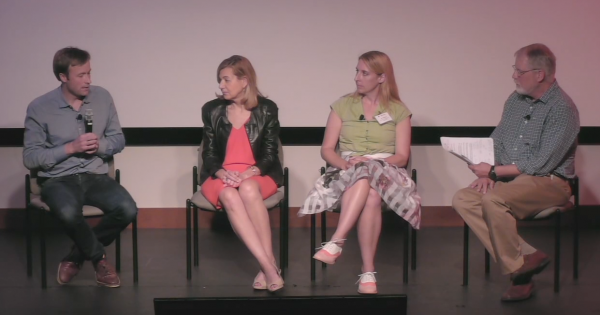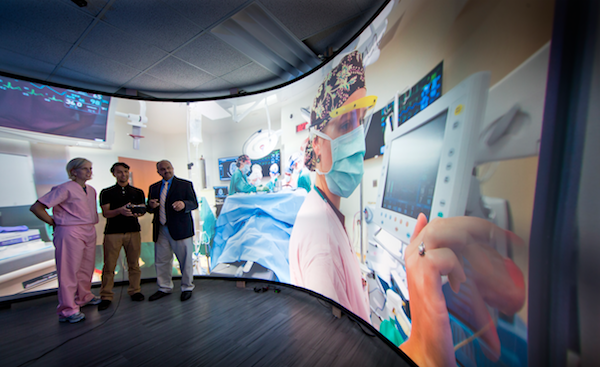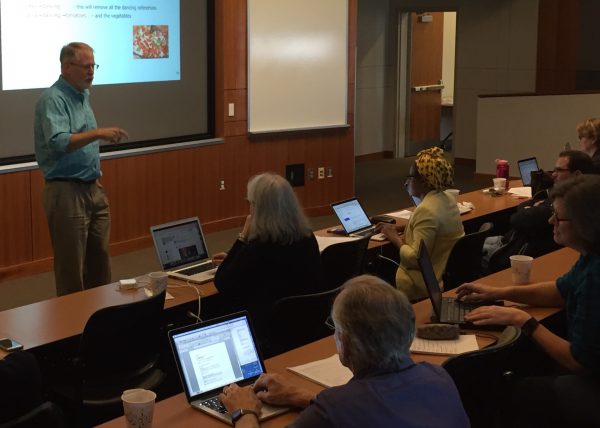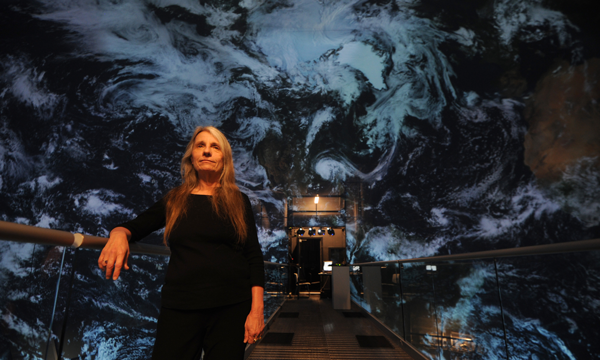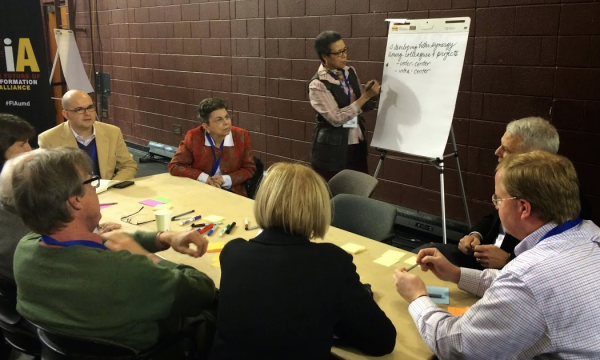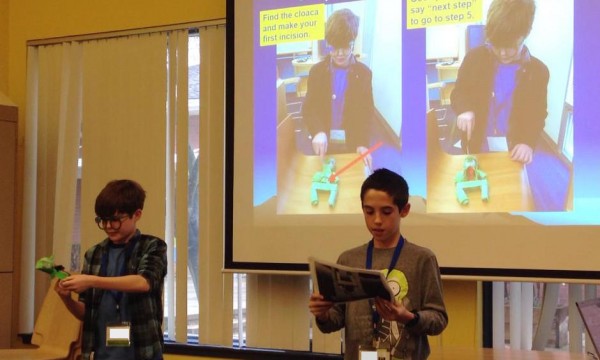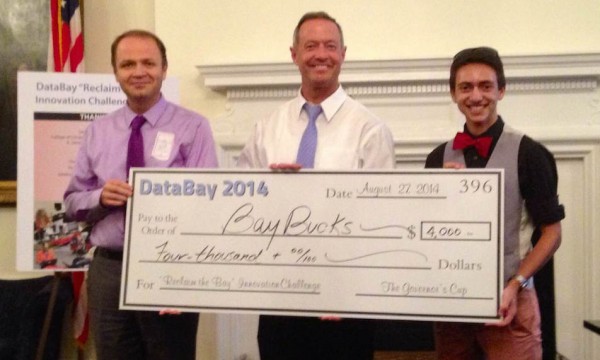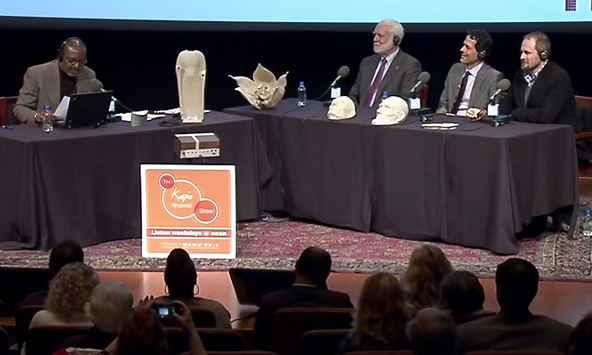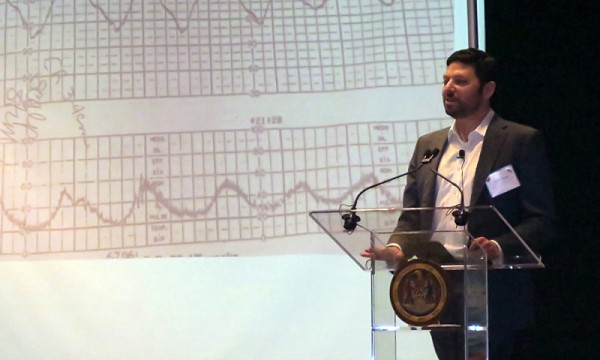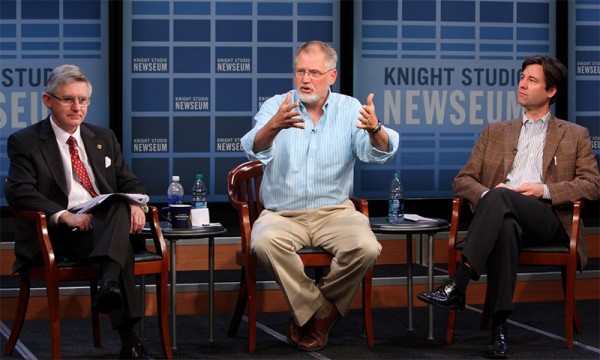Deepfakes and the Future of Facts
Deepfakes use artificial intelligence to fabricate video and audio of people doing and saying things they never did or said. Hollywood has used deepfakes in movies, and museums are exploring them as ways to animate famous paintings and bring long-gone artists to life. But the same technology is being used for sexual harassment in cyberspace and threatening to foment chaos in the 2020 election cycle. How do deepfakes work? What lies ahead? What can be done? These issues were explored on September 27, 2019, in two programs organized by the Future of Information Alliance.

